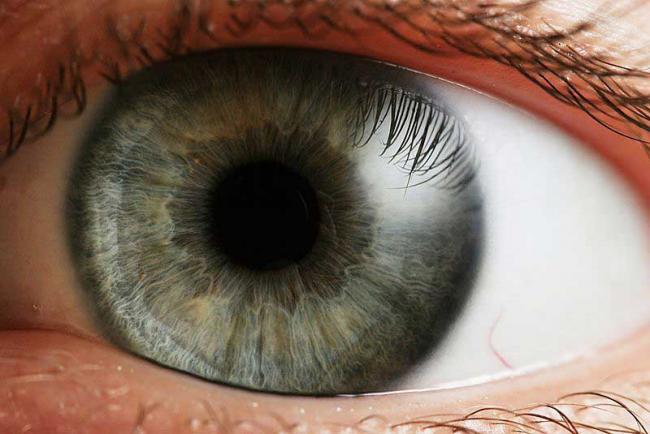
Liverpool researchers find treatment for ultra-rare disease
London, Aug 4 (IBNS): A new study published in Molecular Genetics and Metabolism, conducted by a Liverpool based research collaboration involving the University of Liverpool, has identified the drug that treats the extremely rare genetic disease alkaptonuria (AKU).
An observational study at the NHS-funded Robert Gregory National Alkaptonuria Centre (NAC), based at the Royal Liverpool University Hospital, in collaboration with the University of Liverpool and Cambridge charity the AKU Society, has shown that a drug called nitisinone stops the progress of AKU also known as black bone disease.
AKU is an iconic genetic disorder characterised by deficiency of the enzyme homogentisate dioxygenase, resulting in accumulation of homogentisic acid (HGA). HGA deposits as black pigment in tissues, in a process called ochronosis, leading to progressive damage when untreated.
The severe damage includes spine and joints, leading to repeat joint surgeries, with one patient attending the NAC having undergone nine joint replacements. Patients also develop stones (kidney, prostate, gall bladder, salivary), fractures due to osteoporosis, ruptures (tendons, ligament, muscle) as well as heart valve damage (aortic, mitral).
In the study, 39 people with AKU were given 2 mg of nitisinone each day for three years. Newly published results show that the drug stops the disease, by decreasing HGA. Further, nitisinone therapy not only arrested but also partially reversed ochronosis.
Results also show that it significantly reduces the damage caused by ochronosis, especially in joints. Patients who took nitisinone showed major health benefits. Osteoarthritis in the spine, knees and elbows was much less severe and the risk of heart disease was reduced.
Professor Lakshminarayan Ranganath, the NAC director, said: “These results bring hope to the more than 30,000 people who suffer from this disease worldwide. We knew already from earlier research that nitisinone substantially reduces HGA. We also knew that nitisinone prevented joint disease in AKU mice through research at the University of Liverpool. However, to show the benefit of nitisinone in people with AKU, for the very first time, the NAC team had to come up with innovative and pioneering approaches to study outcomes.
“I am very proud of everyone who helped us to get here.”
AKU patient Duncan Batty, said: “As a patient who has suffered from the degenerative effects of AKU for nearly 30 years it is fantastic news that an effective treatment has been identified. I am at the age when heart complications should start, but thanks to nitisinone there is no evidence of any issues.”
Support Our Journalism
We cannot do without you.. your contribution supports unbiased journalism
IBNS is not driven by any ism- not wokeism, not racism, not skewed secularism, not hyper right-wing or left liberal ideals, nor by any hardline religious beliefs or hyper nationalism. We want to serve you good old objective news, as they are. We do not judge or preach. We let people decide for themselves. We only try to present factual and well-sourced news.







